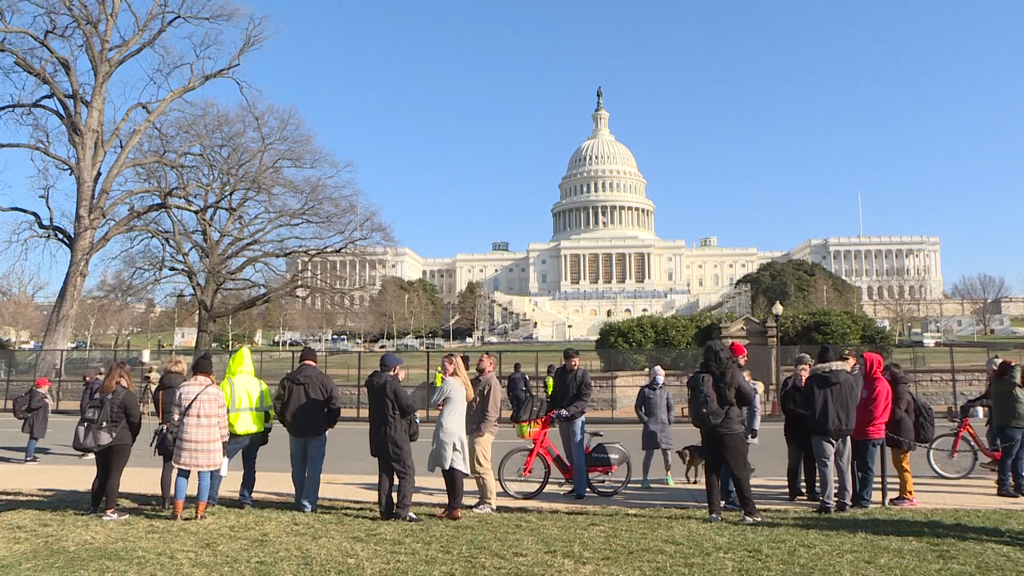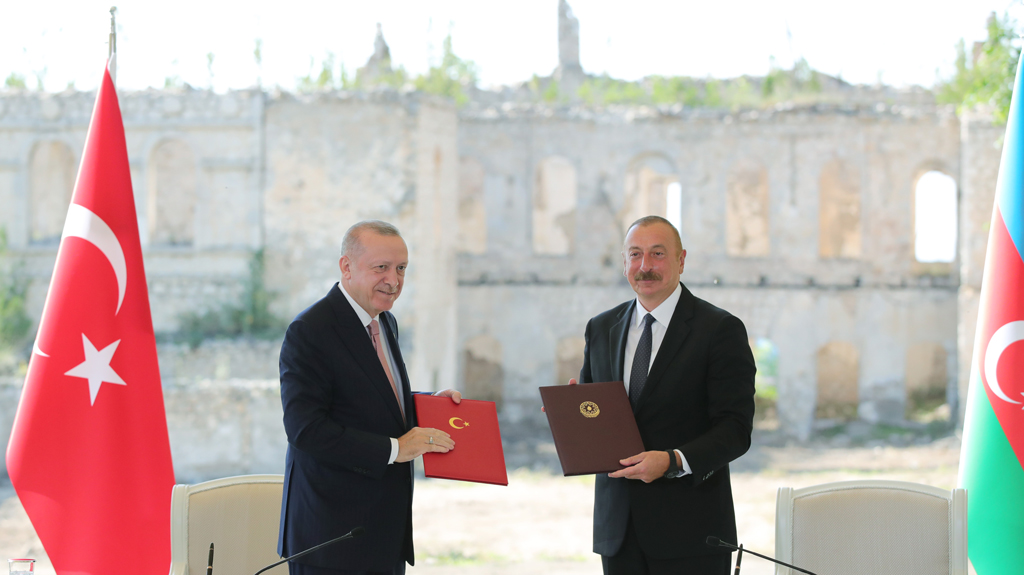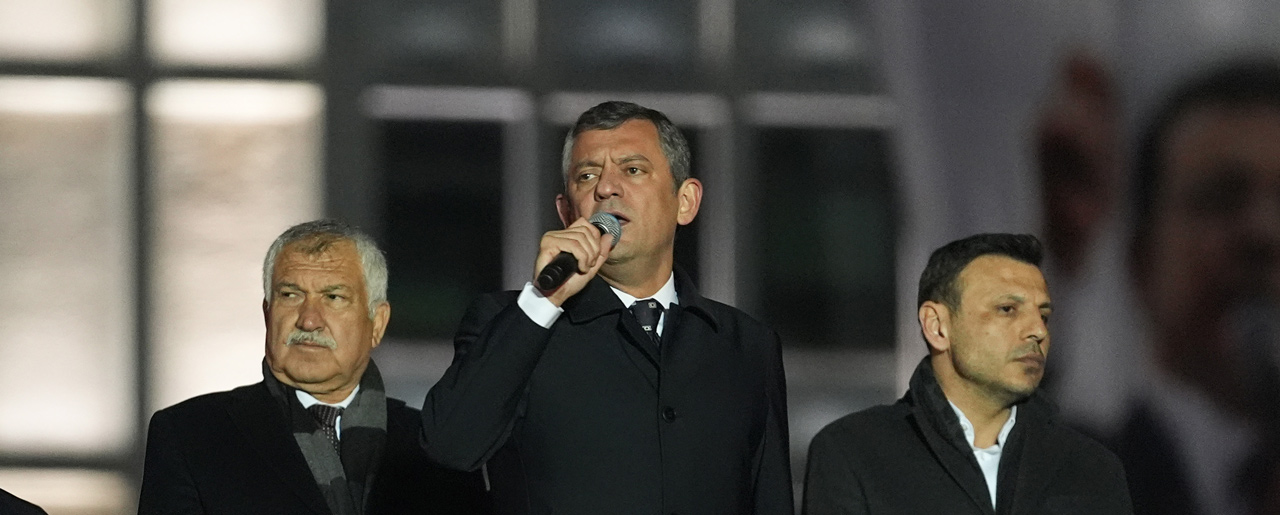Saturday marked the seventh anniversary of
the July 15, 2016, coup attempt in Türkiye – also known as the "Legend of July 15." It is impossible to forget that dark night and the bright morning that followed. The memory of thinking to myself that “this nation and country do not deserve this experience” on the Bosporus Bridge, as prayers filled the sky and our hearts, remains perfectly fresh.
I continue to admire the hundreds of thousands of courageous people who rushed to the bridge, disregarding repeated warnings that the coup plotters were shooting to kill. Thankfully, the heroic Turkish nation thwarted the Gülenist Terror Group’s (FETÖ) coup attempt by risking their lives in public squares and on the streets. They did not allow that group to hijack and occupy our country.
It was extraordinary to witness ordinary people who had answered President Recep Tayyip Erdoğan’s call to save the country’s future, detaining coup plotters and standing on tanks the following morning.
July 15 marked a new era
The night of July 15, 2016 – which has a special place in everyone’s personal history – marked the beginning of a new era in Türkiye. The nation took a stand that night – akin to the Battle of Gallipoli and the War of Independence – to transform Turkish politics. As the meaning of nationhood became crystal clear, the Turkish people thwarted yet another attempt by domestic and foreign "guardians" to control them. That is why the July 15 resistance was the single most influential event in recent history that shaped Türkiye’s future.
The resulting transformation was not limited to the crackdown on FETÖ’s shadow state and bringing the coup plotters to justice. It also entailed the presidential system’s adoption and encouraged Türkiye to pursue a more active national security and foreign policy. In this regard, the country came to define "independence" and "sovereignty" in a new way. That Türkiye became involved in Syria, Libya and Karabakh only after the July 15 coup attempt was no mere coincidence. Indeed, the “Century of Türkiye” vision and the ideal of the axis of Türkiye also reflect that spirit.
Vilnius summit
Some folks cannot seem to grasp why Türkiye experienced post-July 15 tensions with some nations and subsequently normalized its relations with them. Having defeated domestic and foreign "guardians," the country demonstrated its determination to defend its national interest by resorting to hard power on multiple occasions. The policy of normalization and cooperation serves to cement those gains. Accordingly, the country repairs and further strengthen its relations with several nations on the basis of the "new Türkiye."
It would make sense to analyze President Erdoğan’s policy over the last two years as well as his pursuit of
a new chapter with the West at the
NATO summit in Vilnius and his attempts to deepen Türkiye’s cooperation with the Gulf states within that framework. Anyone demanding to know why the Turkish government experienced tensions with the relevant countries “if it was going to repair those relationships in the end” fails to adequately appreciate the dynamics of Türkiye’s new world.
The autonomous foreign policy that Türkiye pursued in the July 15 resistance’s aftermath embodies the Turkish people’s will on the brink of the "
Century of Türkiye." That is how our country became one of the few middle powers with global influence. I would argue that anyone that does not view that resistance as a defining moment won’t be able to receive the Turkish people’s support over the following decades. Indeed, the legend of July 15 plays an exceptional role in promoting a new political consciousness among future generations. It is crucial to prevent political rivalries from undermining that spirit. We must also remember that FETÖ shall continue to threaten Türkiye as long it continues to operate abroad.
[Daily Sabah, July 17, 2023]








